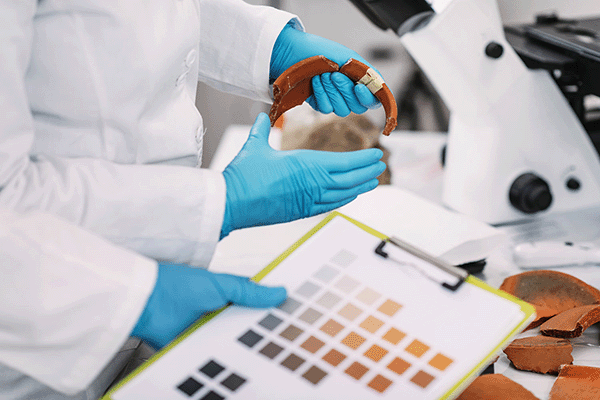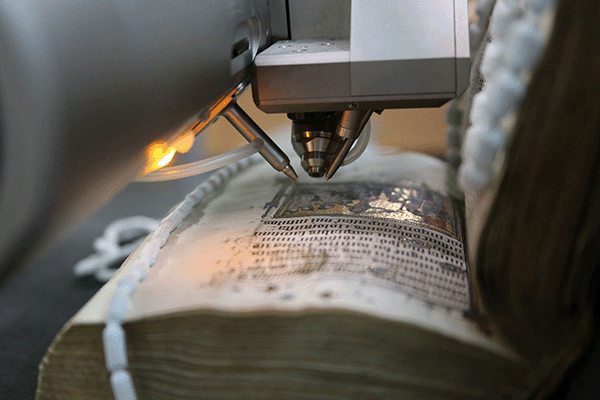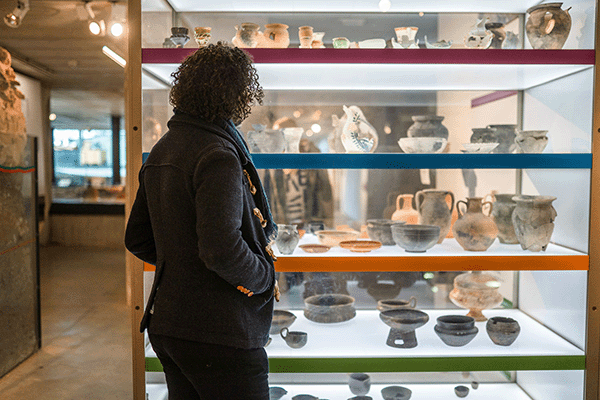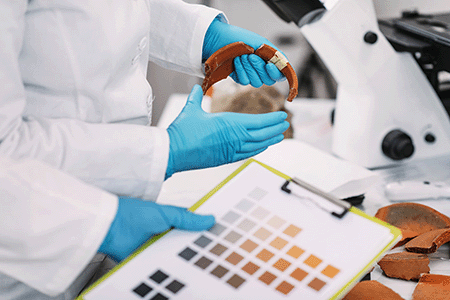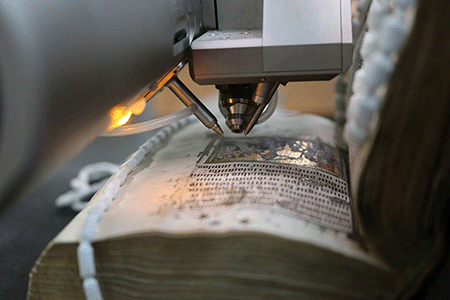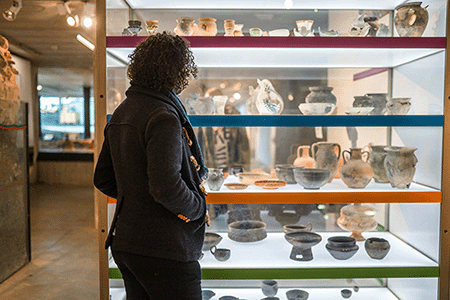Organisation: University of York
Principal investigator: Oliver Craig
Project overview
The study of ancient biomolecules has revolutionised the understanding of the past and is one of the fastest growing fields in heritage science. The University of York’s BioArCh research centre stands at the forefront of this field and excels in biomolecular analysis. Despite the high demand from the heritage community, access to biomolecular analysis is often limited by capacity constraints and logistical challenges. Additionally, the facilities are currently dispersed across multiple institutions, hindering accessibility and efficiency.
Project purpose
This project aims to enhance BioArCh’s capabilities by establishing the Biomolecular tools for Archaeological, Conservation and Heritage Science (BIOARCH-HS) facility. By expanding its facilities and workflows, introducing new clean rooms to prevent contamination, and automating laboratory procedures, the project will increase efficiency and improve sample tracking, data management and reporting systems.
The BIOARCH-HS facility will offer a comprehensive catalogue of services for biomolecular analysis, promoting new and emerging techniques such as rapid sex determination and taxonomic identification. This new facility will meet the growing demand from the heritage science community, enabling diverse research projects for large-scale analysis of archaeological remains and museum specimens.
Project impacts
The project aims to address the dispersed and limited capacity for biomolecular analysis by establishing BIOARCH-HS, a central facility that complements existing resources in other institutions.
BIOARCH-HS will maintain the UK’s leadership in biomolecular archaeology by offering faster and more detailed analyses while strengthening the capacity in the north of the UK, balancing the distribution of advanced scientific resources currently concentrated in London and the south. BIOARCH-HS will ensure continued collaboration and excellence in biomolecular research, advancing heritage science, providing critical insights and foster interdisciplinary collaborations across archaeology, biology and chemistry.

